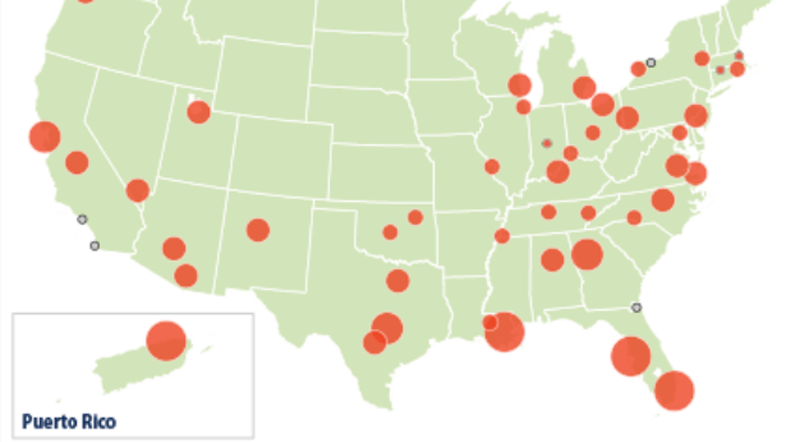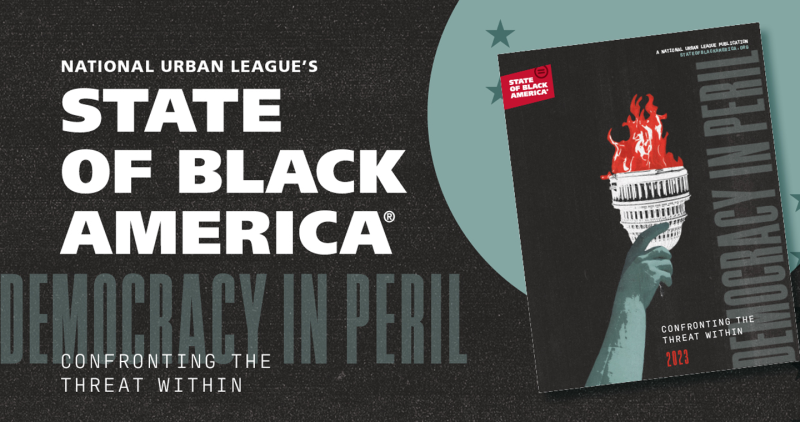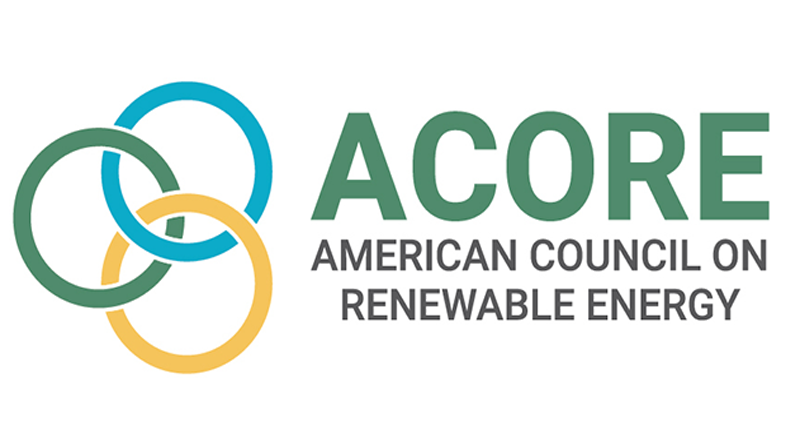From the President's Desk
Our rights are under attack by forces that are clever, sinister, diabolical, and intentional; and their allies run from the Supreme Court of the United States, to state legislatures all across the nation and around the globe, to allies inside the Russian Federation.
According to some estimates, the Black voting rate matched or exceeded the white rate for the first time in American history in 2008, the first time a major party Black Presidential candidate was on the ballot. Not coincidentally, a wave of racially-motivated voter suppression legislation swept the nation the year of the next federal election in 2010.
According to the Brennan Center, our partners in this report, state lawmakers in 2010 began introducing hundreds of voter suppression measures, from strict photo I.D. requirements to slashing early voting and throwing up roadblocks to registration.
The 2013 Supreme Court decision in Shelby v. Holder gutted a key provision of the Voting Rights Act which required federal approval for states with a history of discrimination to make any changes to voting laws. Because preclearance had achieved its goal of eliminating racial disparity in voting rates, Chief Justice John Roberts reasoned that it was no longer needed.
“Throwing out preclearance when it has worked and is continuing to work to stop discriminatory changes is like throwing away your umbrella in a rainstorm because you are not getting wet,” Justice Ruth Bader Ginsburg wrote in her dissent.
Shelby was just one of several blows against democracy the Supreme Court has struck in recent years. When it struck down campaign finance reform laws in Citizens United v. FCC in 2010, it unleashed the power of these Super PACs, where wealthy individuals could pour unlimited money into the American political process. And most recently, in Husted v. A. Philip Randolph Institute, the Court upheld the right of states to use aggressive purges to remove voters from registration rolls, a process that disproportionately affects communities of color.
Racism also was a powerful tool used by Russian and other hostile foreign hackers and troll farms to manipulate the 2016 presidential and 2018 midterm elections. A Russian-linked social media campaign called "Blacktivist" used Facebook and Twitter in an apparent attempt to amplify racial tensions during the U.S. presidential election. It used the integrity of the Black Lives Matter hashtag (#BlackLivesMatter) to carry out an insidious campaign of voter suppression.
Efforts to suppress the Black vote have coincided with a rapid diversification of the voting public. The projected 2020 electorate is 66.7 percent white, down from 76.4 percent in 2000. The sad fact is, as the Black vote becomes more critical, efforts to suppress it grow stronger.
In December 2017, Doug Jones became Alabama’s first U.S. Senator elected by a multiracial coalition—in other words, without a majority of white voters. In an election plagued with allegations of voter suppression, Stacy Abrams came within a percentage point and a half of becoming Georgia’s governor while winning only 25 percent of the white vote. Beto O’Rourke came within 2.5 points of becoming the U.S. Senator from Texas, while winning only 31 percent of the white vote.
We must recognize that there is an entrenched political establishment that views these results with alarm and are directly motivated by them to enact restrictive voting laws. The fig leaf of voter fraud has been thoroughly debunked, and even a fraudulent commission established in 2018 to promote the myth imploded less than a year later due to a lack of credible evidence.
Many politicians don’t even bother hiding their true motive.
“The cutting out of the Sunday before Election Day was one of their targets only because that’s a big day when the black churches organize themselves,” a political advisor to Florida legislators told the Palm Beach Post in 2012.
Former Pennsylvania Governor Tom Corbett told a group of supporters during his 2010 campaign, "We want to make sure that they don't get 50 percent [turnout in majority-minority Philadelphia]. Keep that down.”
North Carolina, in defending its “monster” voter suppression law, admitted in court, "counties with Sunday voting in 2014 were disproportionately black" and, as a result, did away with Sunday voting. The federal court that struck down the law said it targeted African Americans "with almost surgical precision.”
In Wisconsin, a former state legislative aide explained why he quit in a 2016 post on Facebook, saying he was in a meeting of legislators when Voter I.D. bills were being discussed. “A handful of the Senators were giddy about the ramifications and literally singled out the prospects of suppressing minority and college voters.”
Our message to the enemies of democracy is this: We see you. We know what you’re doing, and we won’t let you get away with it. We will shine a light on these evil deeds.
These attacks on our rights have not gone unchallenged. A sweeping reform bill, H.R. 1, was the first legislation introduced in the 116th Congress. Among its provisions: creation of a new national automatic voter registration that asks voters to opt out, rather than opt in; promotion of early voting, same-day voter registration, and online voter registration; making Election Day a holiday; ending partisan gerrymandering in federal elections and prohibiting voter roll purging. H.R. 4, the Voting Rights Advancement Act, essentially would restore the preclearance provision of the Voting Rights Act, creating a new coverage formula to determine which states and localities with repeated voting rights violations must preclear election changes with the Department of Justice.
In the courts, at least 15 states have ongoing litigation against voter suppression laws. Six cases are pending in Georgia alone, five of them related to the most recent election cycle. Organizations like the NAACP, NAACP Legal Defense Fund, Advancement Project, ACLU, the Lawyers’ Committee for Civil Rights, the League of Women Voters, and Common Cause are fighting back; and we are proud to stand with them.
This year’s State of Black America® explores the effect of voter suppression laws and the evolving role the Black vote plays in our nation’s democratic institutions. The goals of the National Urban League—equal access to jobs, education, housing, health care, and justice—are, simply, not achievable without full and direct access to the ballot box.
To paraphrase Justice Ginsberg, it’s raining; and the National Urban League is determined to hand out umbrellas.


 A Climate In Crisis
A Climate In Crisis

 Executive Summary
Executive Summary